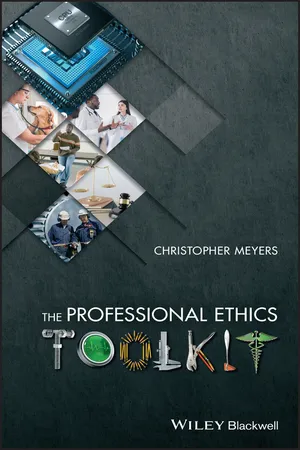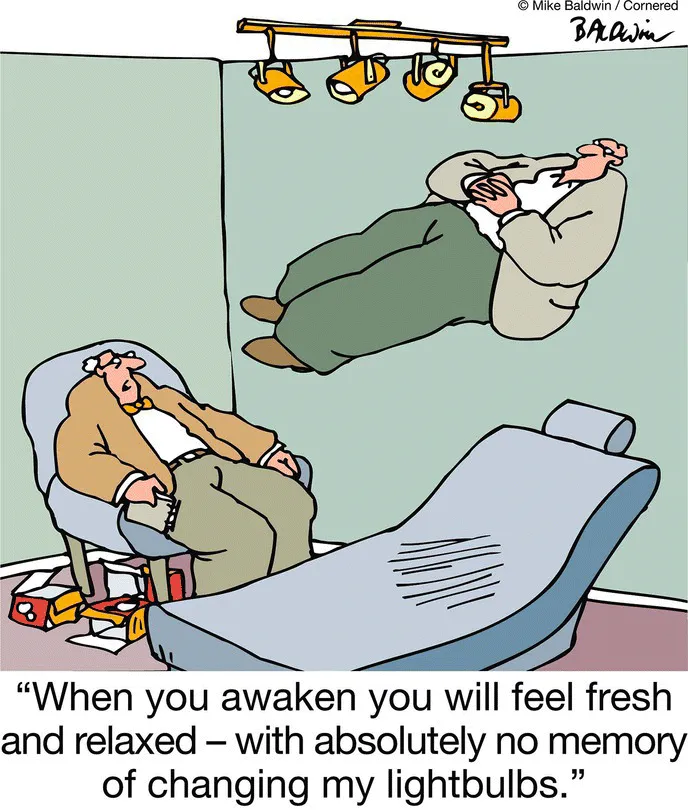
- English
- ePUB (mobile friendly)
- Available on iOS & Android
The Professional Ethics Toolkit
About this book
The Professional Ethics Toolkit is an engaging and accessible guide to the study of moral issues in professional life through the analysis of ethical dilemmas faced by people working in medicine, law, social work, business, and other industries where conflicting interests and ideas complicate professional practice and decision-making.
Written by a seasoned ethicist and professional consultant, the volume uses philosophical ideas, theories, and principles to develop and articulate a definitive methodology for ethical decision-making in professional environments. Meyers offers the benefit of his expertise with clear and practical advice at every turn, guiding readers through numerous real-world examples and case studies to illustrate key concepts including role-engendered duties, conflicts of interest, competency, and the principles that underpin and define professionalism itself.
Following the format of The Philosopher's Toolkit, The Professional Ethics Toolkit is an essential companion to the study of professional ethics for use in both the classroom and the working world, encouraging students and general readers alike to think critically and engage intelligently with ethics in their professional lives.
Tools to learn more effectively

Saving Books

Keyword Search

Annotating Text

Listen to it instead
Information
Part I
Theory, Concepts, and Ethics Reasoning
1
Historical Overview and Definitional Questions

- There were vital needs that existing service systems did not adequately address. Medical practice, as we shall see, serves as the paradigm.
- Professionalization enabled the relevant groups to assure clients that they can trust that their practitioner had the relevant expertise and ethical commitment.
1.1 Some History
Table of contents
- Cover
- Title Page
- Table of Contents
- Acknowledgments
- Introduction
- Part I: Theory, Concepts, and Ethics Reasoning
- Part II: Concepts, Principles, and Norms within Professional Environments
- Epilogue: Democratization and the Changing of Professions
- Index
- End User License Agreement
Frequently asked questions
- Essential is ideal for learners and professionals who enjoy exploring a wide range of subjects. Access the Essential Library with 800,000+ trusted titles and best-sellers across business, personal growth, and the humanities. Includes unlimited reading time and Standard Read Aloud voice.
- Complete: Perfect for advanced learners and researchers needing full, unrestricted access. Unlock 1.4M+ books across hundreds of subjects, including academic and specialized titles. The Complete Plan also includes advanced features like Premium Read Aloud and Research Assistant.
Please note we cannot support devices running on iOS 13 and Android 7 or earlier. Learn more about using the app